Buy or gift a stand-alone digital subscription and get unlimited access to dozens of back issues for just £18.99 / $18.99 a year.
Please register at www.exacteditions.com/digital/cornucopia with your subscriber account number or contact subscriptions@cornucopia.net
Buy a digital subscription Go to the Digital EditionWhen spring arrives in the high passes of the Taurus Mountains, a dazzling display of flowers comes out to greet it. Story and photographs by Martyn Rix
The dry and barren Taurus Mountains form a barrier along the south of Turkey, dividing the steppes of western Anatolia from the lush Mediterranean coast. Between Antalya and Adana there are only six passes across this mountain barrier, the five in the west leading to Konya, the sixth the ancient route through the Cilician Gates, from which the road goes past the great salt lake, Tuz Gölü, to Ankara and Kayseri. Most of the coastal plain is densely cultivated, while the high mountains are barren and largely waterless, with scattered villages and few fertile areas. My wife Alison and I explored many of these valleys with our two teenage daughters during a two-week visit in April.
Bleakest of all the passes we climbed, and crossing a typical Taurus landscape, is the Sertavul Pass between Mut and Karaman, at 1,650 metres. Rolling hills of bare limestone stretch over the horizon of the plateau, and what little vegetation there is looks brown and dead, having only just emerged from its winter covering of snow. Even in mid-April the sun was blazing hot, the air cold. Most of the plants here form spiny cushions, the so-called “hedgehog cushion steppe” characteristic of the higher and drier parts of Anatolia.
Many of these plants, protected by their spines, are milk-vetches (Astragalus) or species of thrift-like Acantholimon; others, like the spectacular rosettes of the mullein (Verbascum), have felt-like leaves covered in dense silver hair, both to discourage animals and to reduce water loss in the drought of summer…
Martyn Rix is the editor of Curtis’s Botanical Magazine, founded in 1787 and published on behalf of the Royal Botanic Gardens, Kew. He is also a regular Cornucopia contributor on botany in Turkey. For the bulbs of the lower Taurus Mountains see Cornucopia 29.
SPECIAL OFFER: order three beautiful garden-themed issues, including this one, for only £60. List price £102
Though Turkish truffles resemble their more famous European cousins in appearance, their fragrance – mellow and delicately fruity – is far milder.
More cookery features
Is this fantastic landscape about to become the new hotspot for wine-lovers? In Cornucopia 31 Kevin Gould heads for the oldest vineyards on earth to find out. Photographs by Frits Meyst
Born into penury, he rose to be revered across Europe. Yet the Ottoman Empire’s youngest ever grand vizier is all but forgotten at home. David Barchard charts the dramatic career of the master strategist Âli Pasha
Her life is the stuff of fairy tales. Omar Khalidi tells the story of the princess who captivated Cecil Beaton
Xinjiang, formerly known as Chinese Turkestan, is home to some ten million people of Turkic descent. Their culture, language and religious beliefs still owe more to central Asia and the northern steppes than they do to China itself. As distant from the China Sea as it is from the Mediterranean, Xinjiang is a place of wild terrain and extreme climate, surrounded by high mountain ranges. By Christian Tyler
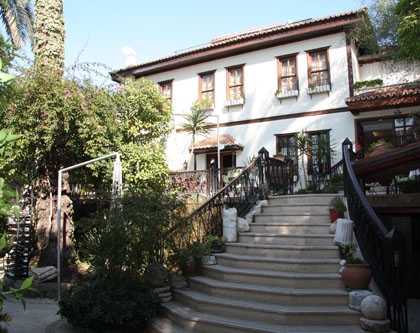
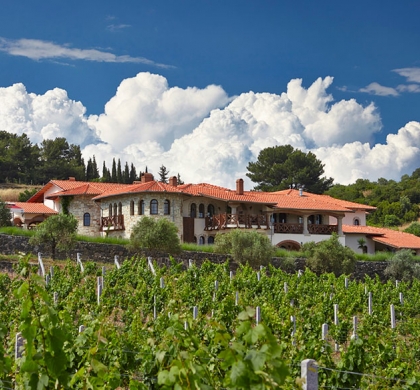
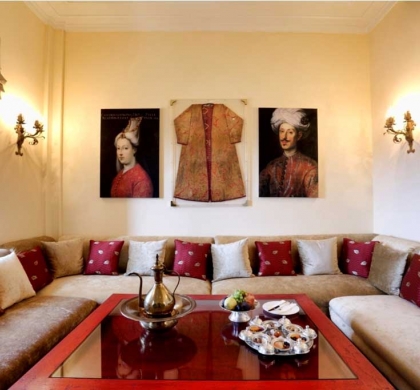
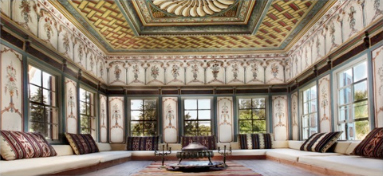
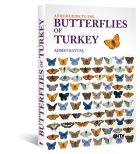
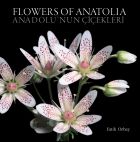
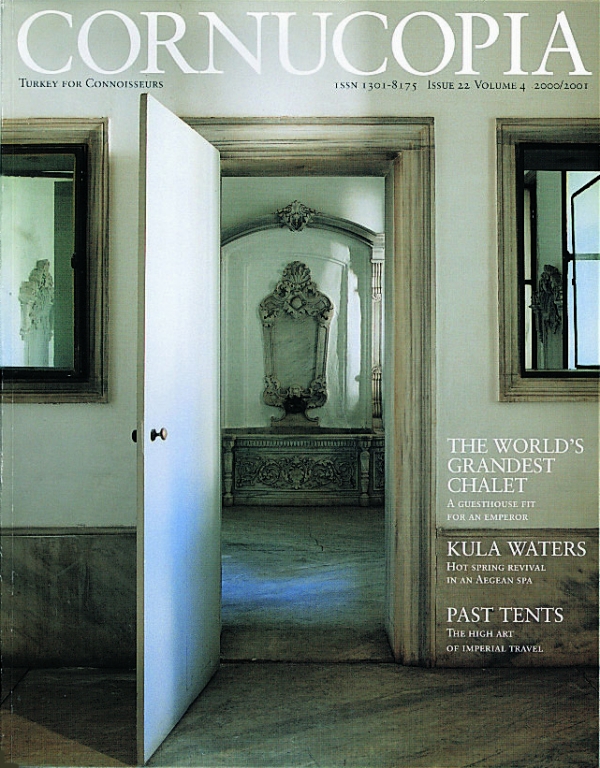
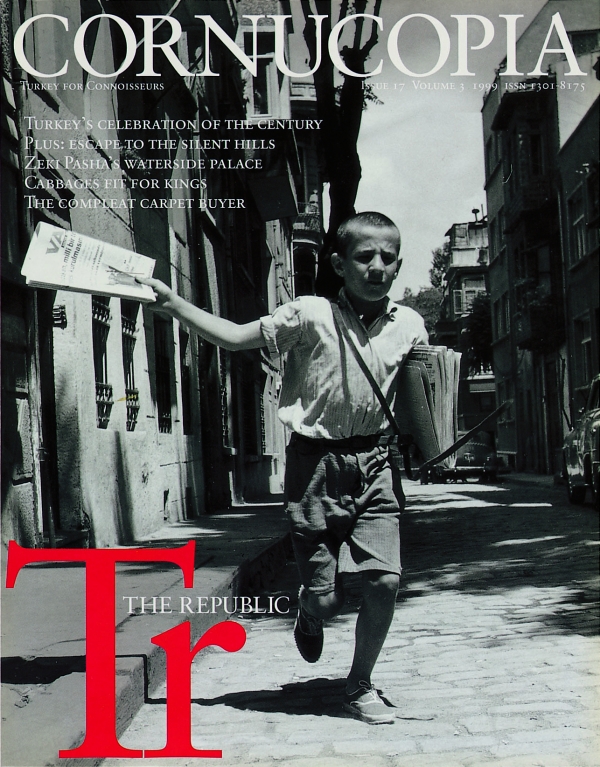

Cornucopia works in partnership with the digital publishing platform Exact Editions to offer individual and institutional subscribers unlimited access to a searchable archive of fascinating back issues and every newly published issue. The digital edition of Cornucopia is available cross-platform on web, iOS and Android and offers a comprehensive search function, allowing the title’s cultural content to be delved into at the touch of a button.
Digital Subscription: £18.99 / $18.99 (1 year)
Subscribe now